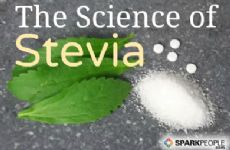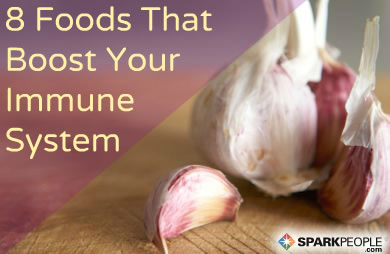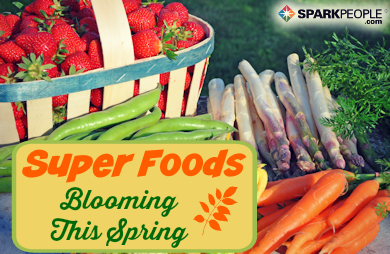|
Have you ever wondered why just about everyone likes sweets? Stop wondering. The fact is we are born with an innate desire for sweet taste. And we begin to enjoy sweet taste as soon as we taste mother’s milk or infant formula. Some believe that desire was nature’s way of leading us to foods that had calories for survival. As rates of obesity continue to rise in many countries, we know that too often we eat more sweet foods than we need for survival! The problem occurs when we overindulge in our desire for sweets and consume more calories than we burn off. But there is a way that we can have our cake and eat it, too--by choosing foods and beverages sweetened with low- and no-calorie sweeteners. That’s one reason why these ingredients were initially developed--to allow us to enjoy sweet things with fewer calories. Another reason is to provide sweetness without sugar that increases blood glucose, so that diabetics could enjoy these foods. However, as an expert in food ingredient safety, I am often asked: are sugar substitutes such as aspartame or sucralose safe? My response? Yes—the sweeteners found in foods and beverages have been extensively tested before they are approved for use. And that’s not just my opinion. It’s the consensus of decades of published and peer-reviewed scientific research as well as regulatory agencies the world over. These popular ingredients have been reviewed and approved by numerous regulatory agencies worldwide, including international bodies such as the World Health Organization and multi-country organizations such as the European Food Safety Authority (EFSA). Most of the low- and no-calorie sweeteners approved for use in food and beverages by the Food and Drug Administration (FDA) have been approved for at least a decade—and in most cases, for far longer. Aspartame, for example, was approved more than three decades ago. Saccharin was approved more than 20 years prior to that, when the last of the Baby Boomers were just being born. Steviol glycosides, purified from stevia plants, and lo han guo from monk fruit are more recent additions to the list. Moreover, the safety of the use of these ingredients continues to be monitored. In December 2013, EFSA announced its findings from the most recent review of aspartame. Not only did EFSA re-confirm that aspartame was safe, but the agency also specifically revisited all the studies conducted to assure that aspartame was safe for pregnant women and children. So decades of use and ongoing research has continued to support the approval and safety of aspartame. So you may be thinking: why are there so many headlines questioning the safety of low- and no-calorie sweeteners? That puzzles me, too, especially knowing the scientific literature on this topic. My guess? Magazine, newspapers and Internet websites and blogs need intriguing stories to get readers-- and something safe is not very interesting. Scientific study results get twisted to make headlines, even though they are no longer accurate! Rumors get repeated, re-blogged, re-tweeted, and mass-emailed. Too often, the truth gets buried. Either way, the bottom line is this: If you want something sweet but are looking to cut calories or keep your blood sugar in check, you can be assured that the approved no- and low-calorie sweeteners, and the foods and beverages that contain them, are safe for you and your family. In fact, a recent study, which was published in the journal Obesity, confirms that diet beverages can be useful in helping to lose weight. Now, it will be interesting to see if these drinks can also help with weight maintenance. Stay tuned for those results. This blog is brought to you by the American Beverage Association. |
More From SparkPeople |


















.jpg)

